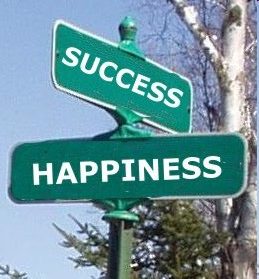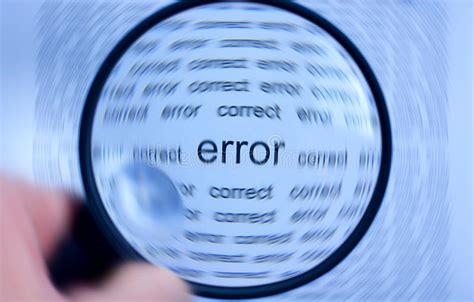Road Rage in the Boardroom
From Volume 15, Issue 5:Road Rage in the Boardroom… or the shop floor, or the accounting office, or the basketball court.
Road rage is defined as aggressive or violent behavior stemming from a driver’s uncontrolled anger at the actions of another motorist. (www.DMV.org).
Replace “driver” and “motorist” with “person” and suddenly you find examples of
rage in a lot of diverse environments.










